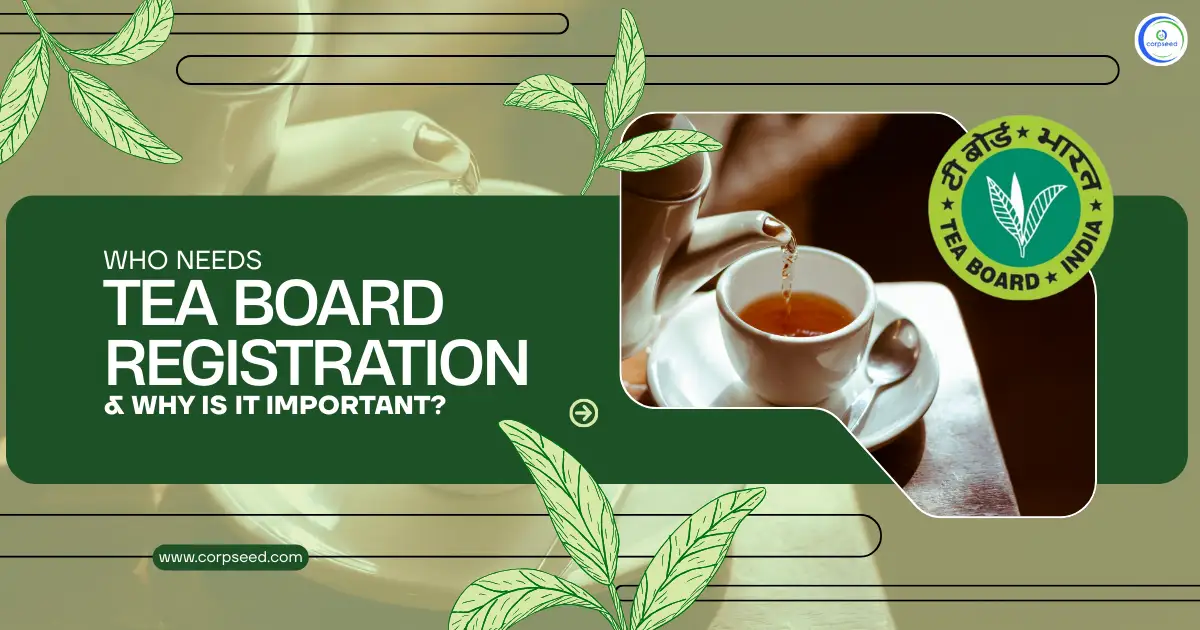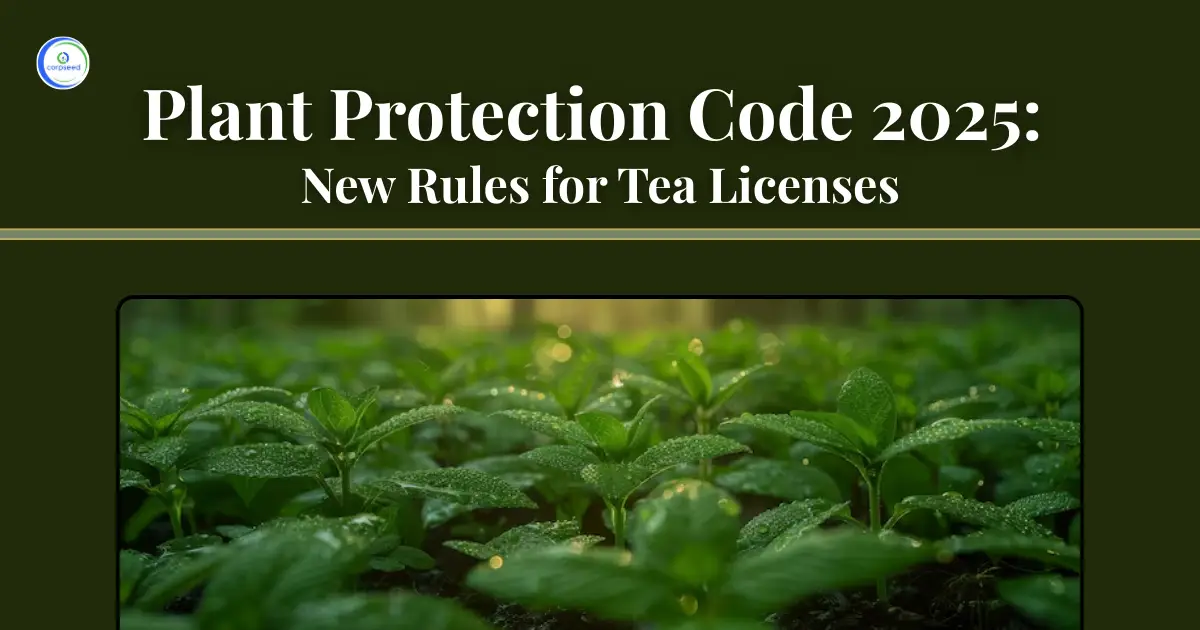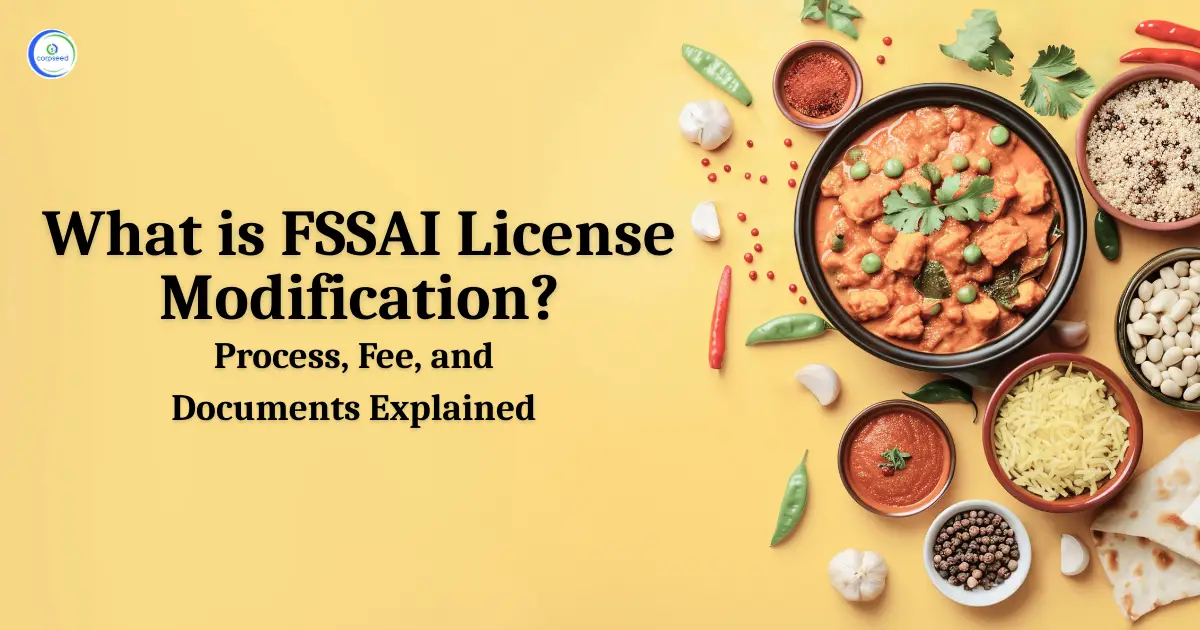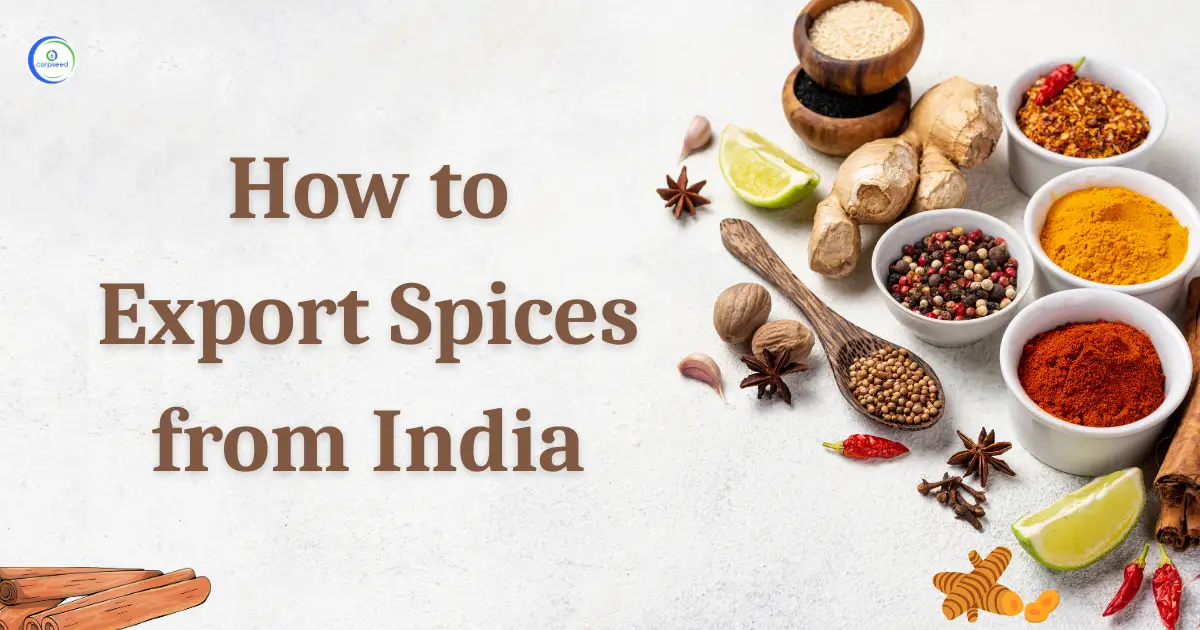Introduction: Revision of Standards for Chocolates by FSSAI
Notification for Revision of Standards for Chocolates by FSSAI
On 15th May 2017, the Food Safety and Standard Authority of India (FSSAI) issued a notification stating that standards earlier set for chocolate production business have been revised. New standards have also been included for two chocolate categories. These amendments and revisions came to be known as the Food Safety and Standards (Food Products Standards and Food Additives) Fourth Amendment Regulations, 2017. All the FBOs are required to comply with these new amendments and revisions latest by January 1st, 2018.
Table of Contents
--------------Blog Contact Form-------------
FSSAI Revisions
The FSSAI revisions pertain to the earlier standards set for the usage of vegetable fat in chocolates. The earlier standards did not allow the use of vegetable fats in chocolates with the only exception of cocoa butter. As per the revised standards, the agency has allowed the use of vegetable fats in chocolates conforming to the CODEX and other international practices. FSSAI has stipulated that the use of vegetable fat in the chocolates must not exceed more than 5 percent of the finished product. While using vegetable fat, the FBO must also adhere to other regulations regarding its source and use in the chocolates.
Vegetable Fats Labelling
The Food Safety and Standard Authority of India has also specified the declaration of label on the chocolate packaging that must mention the quantity of vegetable fat used in the chocolate production.
If a chocolate packet contains vegetable fats other than cocoa butter, its label must carry the legal declaration in bold as under-
“CONTAINS VEGETABLE FAT IN ADDITION TO COCOA BUTTER”
Vegetable Fats Standards
The vegetable fats can be used as single or multiple ingredients in the chocolate manufacturing process but they are required to comply with the following standards -
The Vegetable Fats should be able to mix with cocoa butter in any proportion and must be compatible with crystallization temperature, melting point, need for tempering phase and melting rate and other physical properties.
- The Vegetable fats used in the chocolate must be non-lauric which means that the fats are rich in symmetrical monounsaturated triglycerides. This must belong to the type POSt (palmitic acid -oleic acid stearic acid), POP (palmitic acid -oleic acid- palmitic acid) and StOSt (stearic acid -oleic acid- stearic acid).
- The vegetable fats being used in chocolates must be acquired by the process of fractionation and/or refining that excludes triglyceride structure enzymatic modification in conformation with above standard.
Permitted Vegetable Fats
The vegetable fats that have been permitted to be used in the chocolates and obtained from plants as an equivalent of cocoa butter are as follows-
- Sal (Shorea robusta)
- Mango kernel (Mangiferaindica)
- Kokum gurgi (Garcinia indica)
- Mahua Oil (Bassialatifolia or B. longifolia)
- Palm oil (Elaeisguineensis and Elaeisolifera)
- Phulwara fat (Madhucabutyracea)
- Dhupa Fat (Vateriaindica)
- Dharambe fat (Garcinia cambogia)
FSSAI adds new Standards for Covertures and Praline Chocolate Categories
Praline- This is a popular chocolate variety that is made in a single mouthful size. The chocolate component and its amount should not be less than 25 percent of the total weight of the product. Moreover, the product shall either contain single or filled chocolate or a blend of chocolates for which regulations have clearly specified the standards.
Coverture- This is another popular variety of chocolates that are considered to be very high in quality. The amount of cocoa butter found in these chocolates is more than any other variety. As per FSSAI guidelines, the total amount of cocoa solids or dry matter in coverture chocolate must not be less than 35% of the total cocoa solids. Out of this 35 %, cocoa butter cannot be less than 31% and fat-free cocoa solids should not be less than 2.5%. This chocolate product is also permitted by the FSSAI to contain artificial sweeteners. But it has to be specified in the regulations’ Appendix A. The labeling declarations on its label must be in compliance with the Food Safety and Standards (Packaging and Labelling) Regulations, 2011.
After the addition of these standards for the Proline and Couverture Chocolate categories, FSSAI has standardized the manufacturing process of all ten varieties of chocolates. These are Milk Covering Chocolate, Milk Chocolate, Plain covering chocolate, Plain Chocolate, White Chocolate, Composite Chocolate, Blended chocolate, Coverture, and Praline.
The Chocolates can have the following optional ingredients-
FSSAI has permitted the use of the following ingredients in chocolates on an optional basis-
- Minerals and Vitamins
- Permitted Stabilizing and Emulsifying Agents
- Condiments and spices and their extracts
- Edible Salts
- Permitted Buffering and Sequestering Agents
Public Limited Company Registration
A public limited business structure is great for long run but has more regulatory. Apart from all the advantages of private limited company. It has the ability to have any number of members, ease in transfer of shareholding and more transparency.
Indian Subsidiary Company Registration
Indian Subsidiary Company Registration permits foreign companies to inaugurate their presence in India as a separate legal entity. By establishing foreign subsidiary, the Indian market can enter new markets, access new consumers, and diversify its revenue streams.
Public Limited Annual Compliance
Public Limited Company Compliance refers to complying with the legal and regulatory requirements laid down by the Companies Act, 2013 and other applicable laws in India. It includes regulatory filings, corporate governance, financial reporting, and annual meetings to confirm transparency, responsibility, and legal protection.
This portion of the site is for informational purposes only. The content is not legal advice. The statements and opinions are the expression of author, not corpseed, and have not been evaluated by corpseed for accuracy, completeness, or changes in the law.
BOOK A FREE CONSULTATION
Get help from an experienced legal adviser. Schedule your consultation at a time that works for you and it's absolutely FREE.









